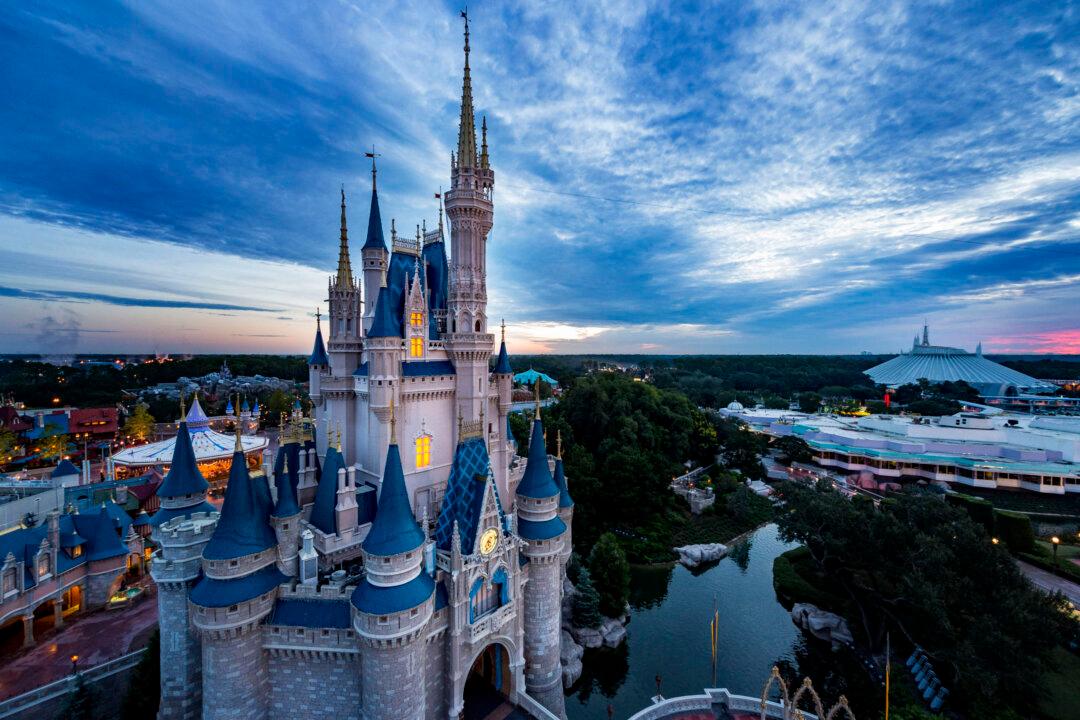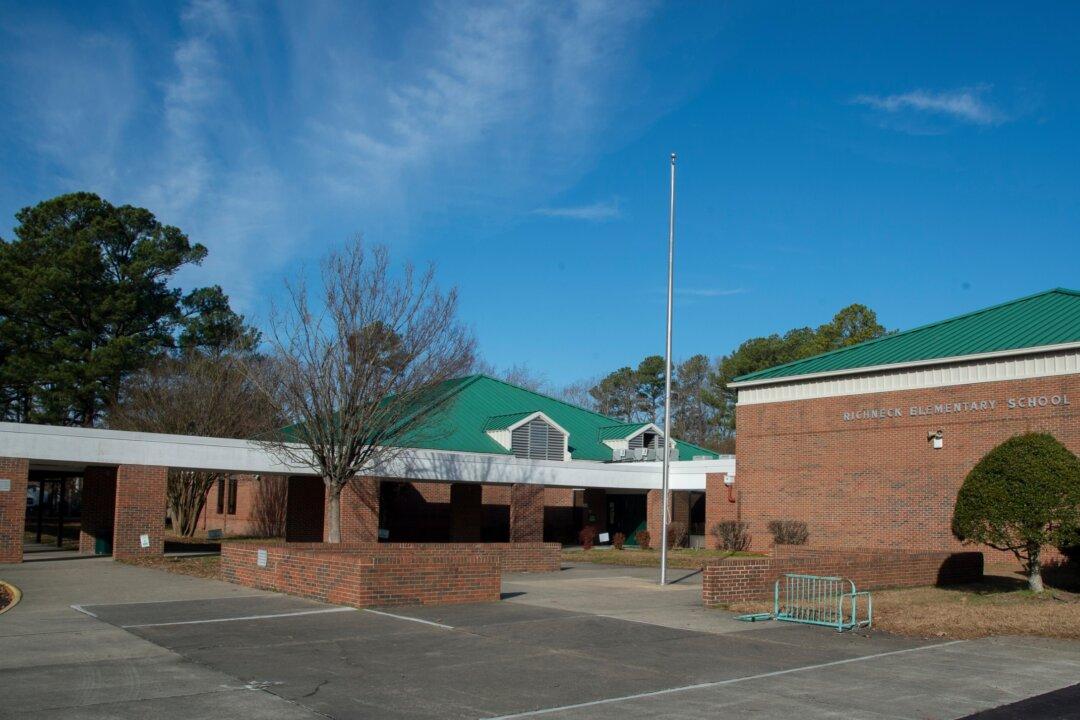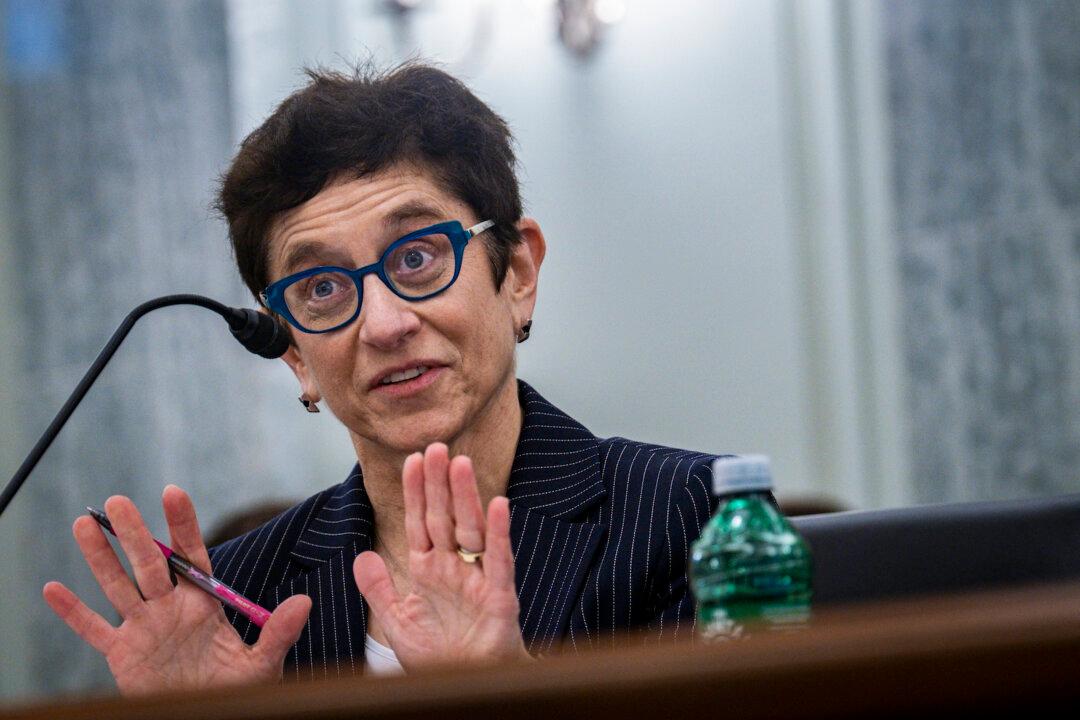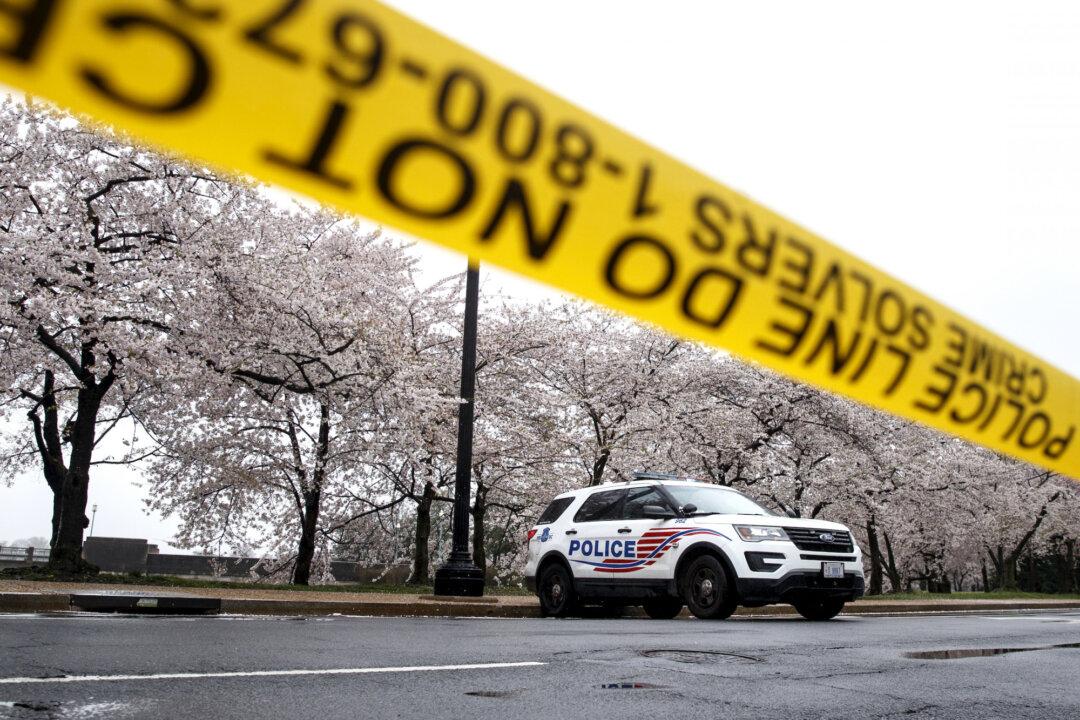The newly appointed members of Walt Disney World’s new governing board met for the first time on March 8, pledging to make “a lot of changes” in the way the iconic entertainment resort will be overseen in the future.
“You will see a lot of changes that are going to occur, and many of those are because we have been fully mandated to implement those changes,” said Martin Garcia, the chair of the newly formed Central Florida Tourism Oversight District (CFTOD).




